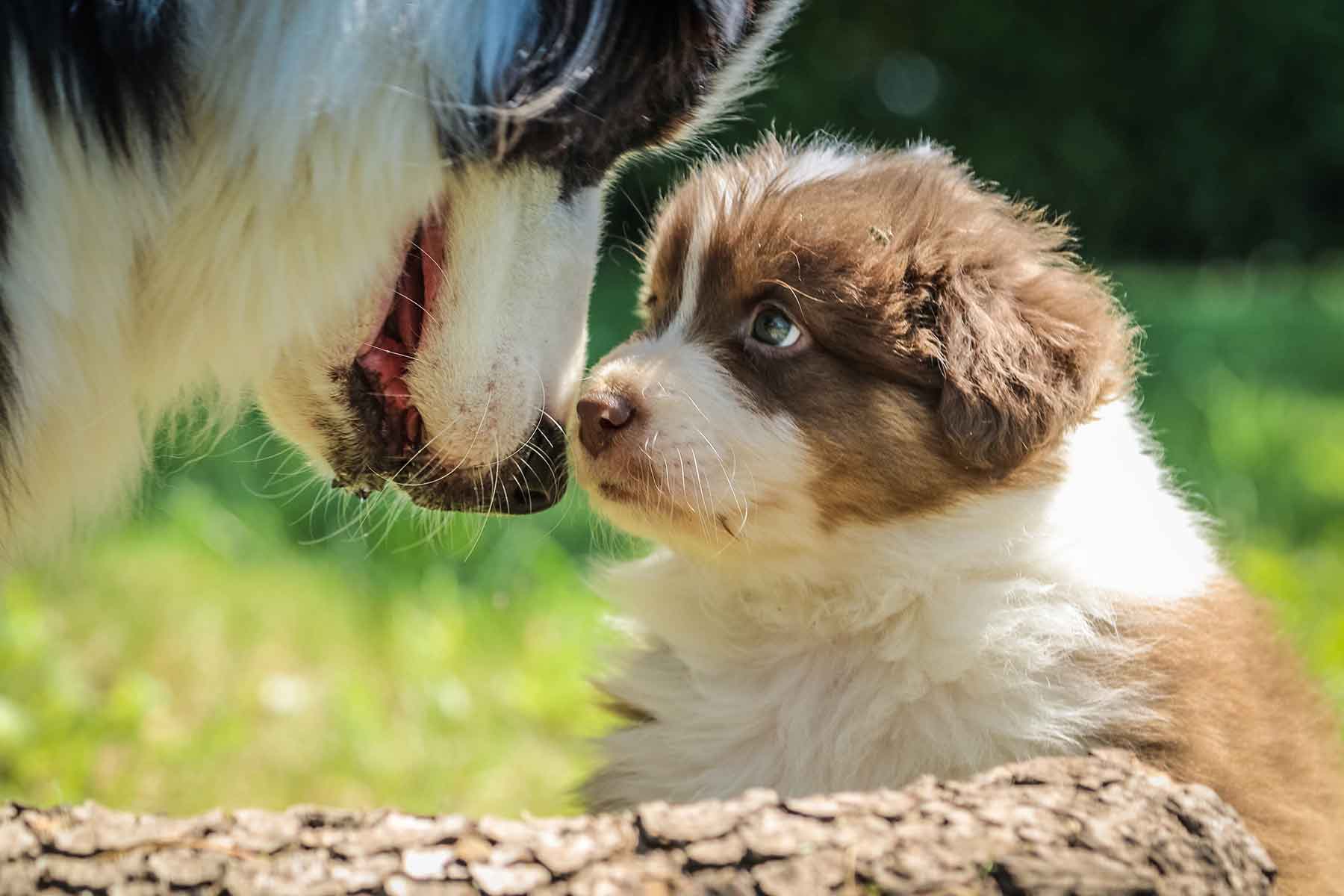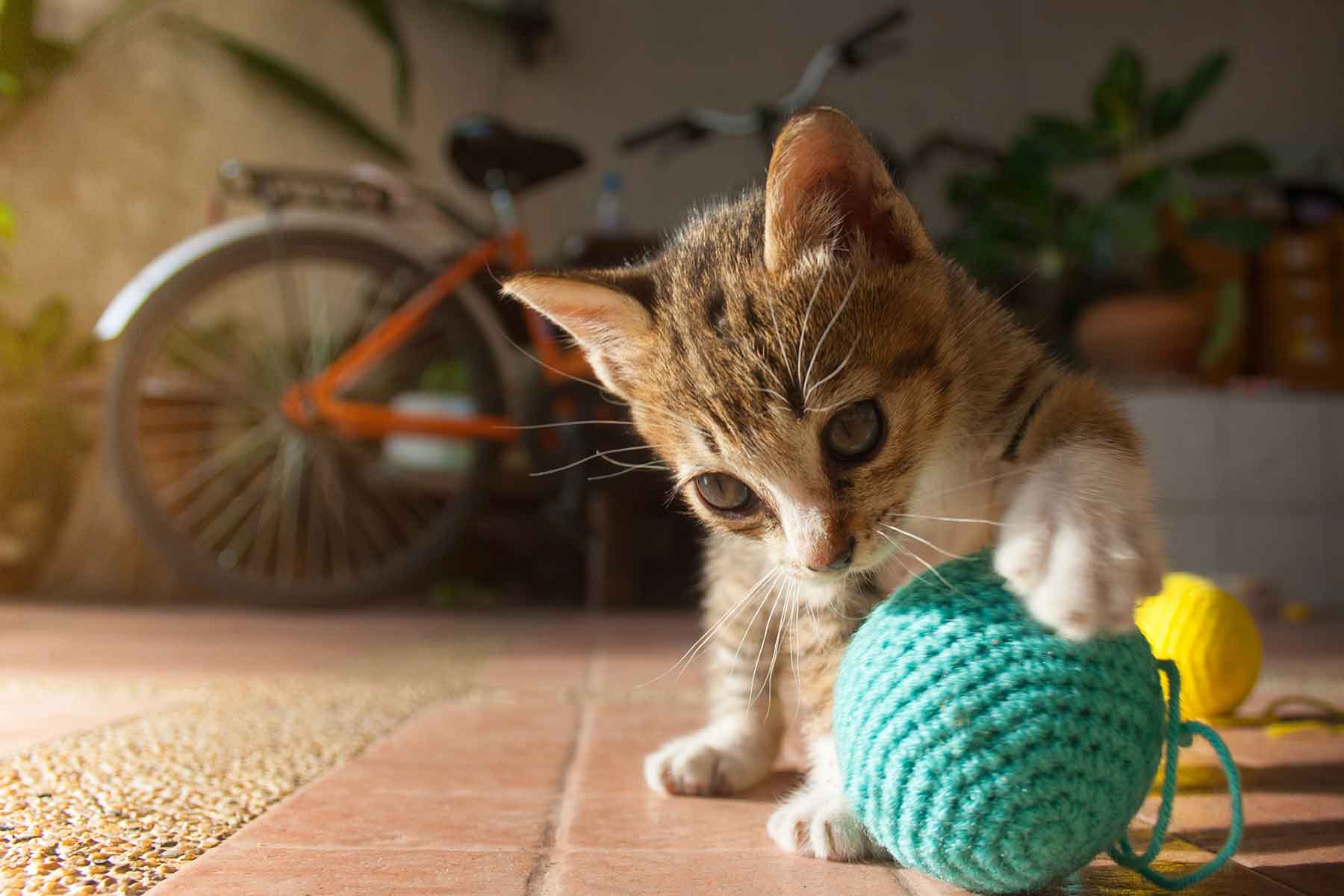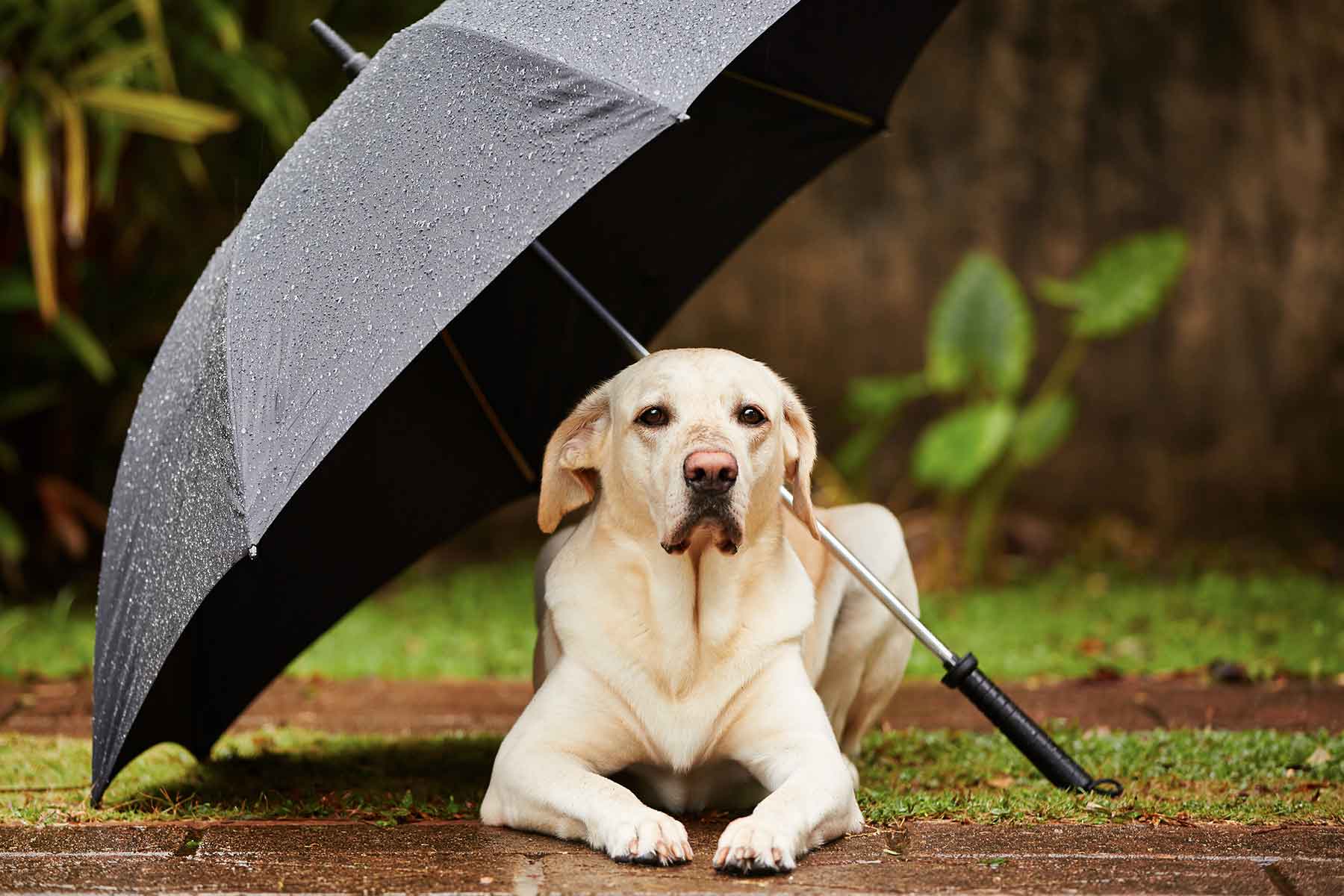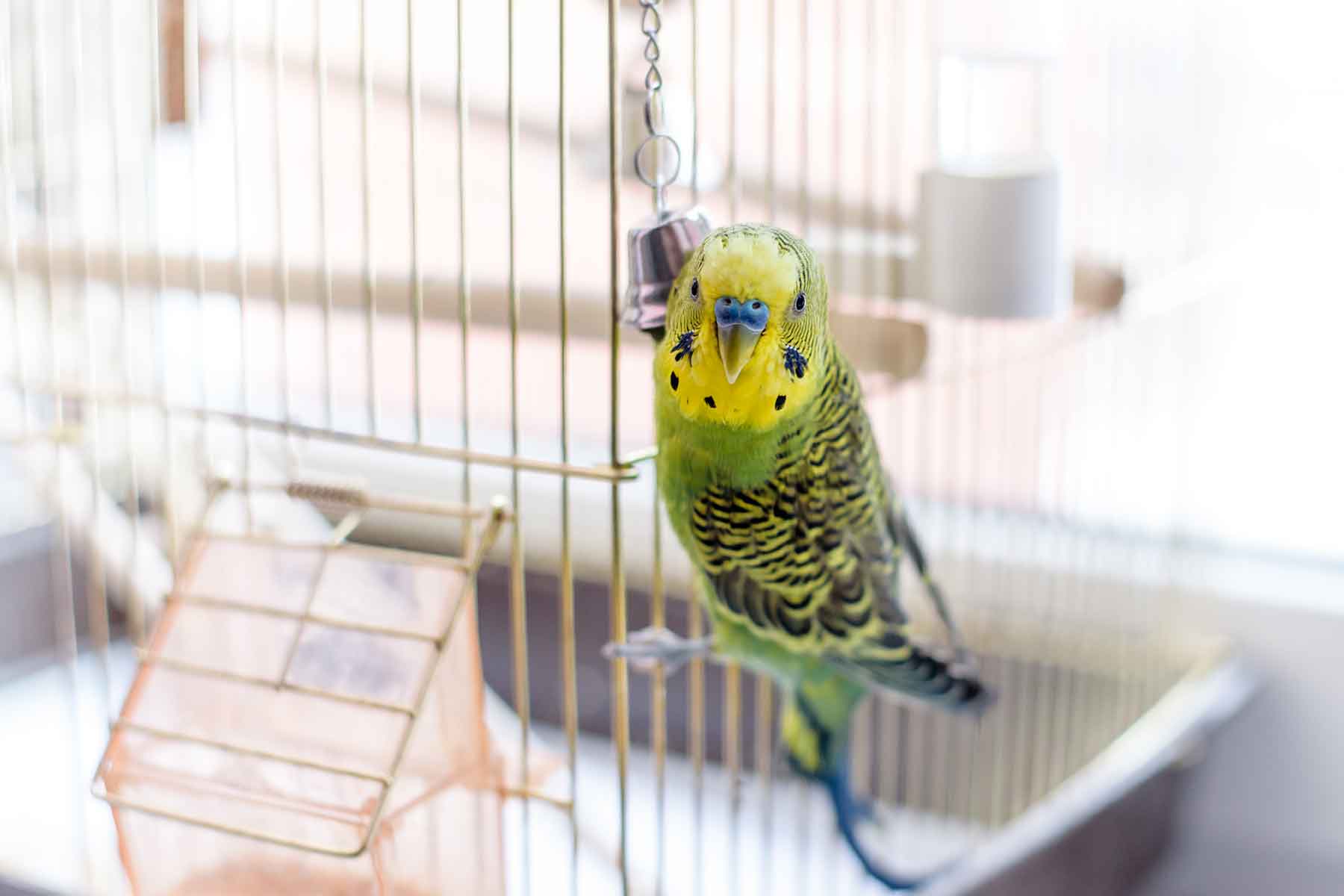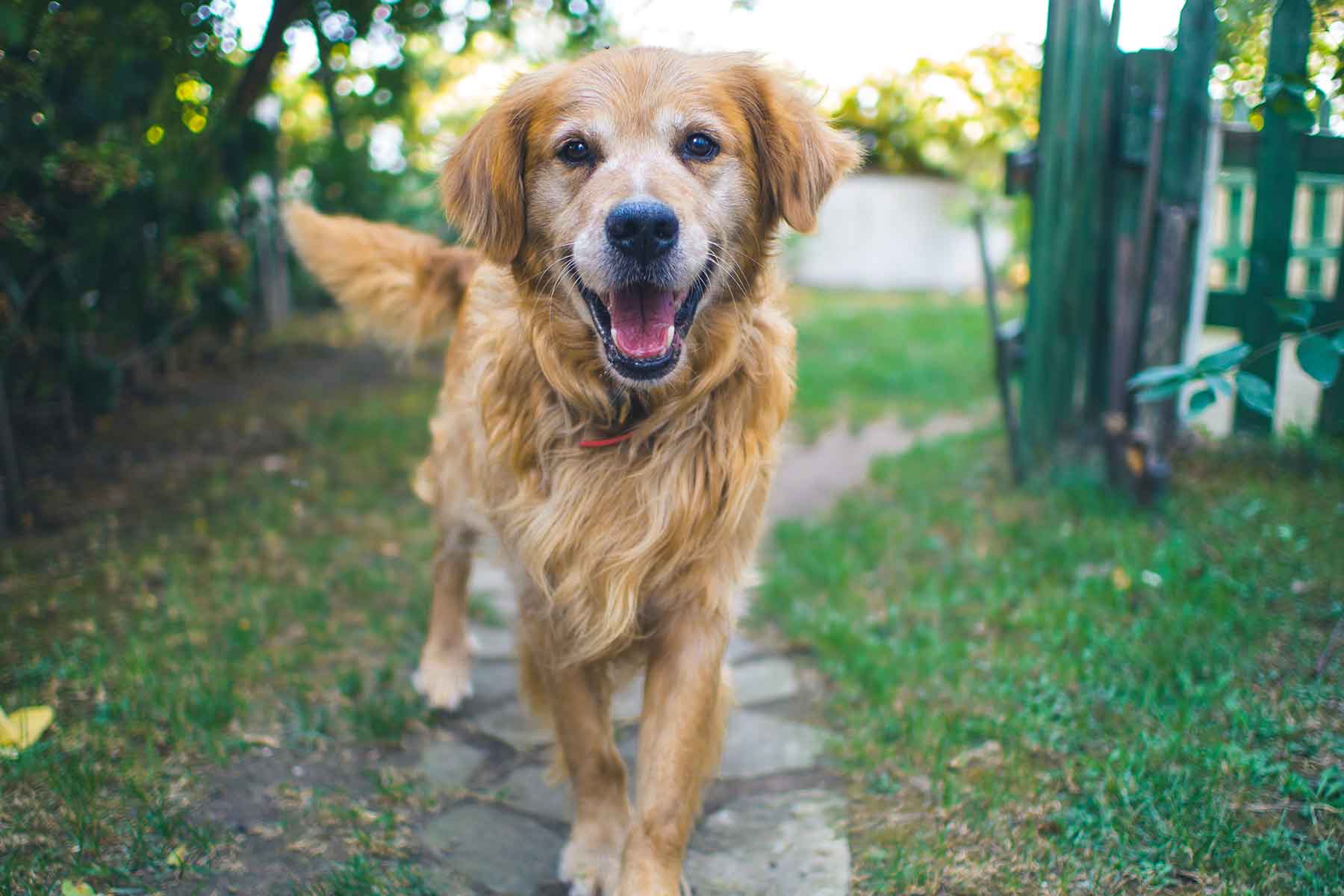Duckling season is usually around the September month. It’s at this time of the year we often receive phone calls from concerned wildlife lovers about straying or orphaned clutches of ducklings. Here’s some tips on what to do if you have rescued or are concerned about ducks and ducklings in your neighbourhood.
What to do if you find orphaned ducklings
If you have observed a clutch of ducklings without their mother and they have been abandoned for a period of time, please contact us and we can put you in touch with a local wildlife carer that maybe able to assist in their rescue. Or alternatively you can attempt to remove them from the inappropriate situation.
What to do if you need to move a duck with ducklings to a safer area
If you have found a duck and ducklings in an inappropriate situation such as in the pool or in a hazardous area such as a busy road, attempt to shepherd the mother and ducklings safely to the nearest water source.
If the nearest natural water source is far away or not possible, it is best to catch the mother first as it is more likely the ducklings will stay with her. We also suggest attempting the relocation in the morning so the family have the day to settle into their new location.
Prior to any relocation, count the number of ducklings, so you know exactly how many you need to collect. You can use a light coat or towel to throw over the mother duck to capture her, once caught hold her around the body, carefully pinning her folded wings to her sides. When you have secured the mother duck, carefully collect the ducklings in a box, trying not to chase them as they will scatter quickly and be more difficult to catch. It’s best to keep the mother and ducklings in a separate box to prevent escape however keep the boxes close together at all times before release.
Once you have arrived at the release location, let the ducklings go first on an open bank where they can stand, be seen by the mother and get in and out of the water easily. When you release the mother, make sure she has seen the ducklings before letting her go. Place the box she is in carefully on its side so that the opening faces the ducklings. Stand behind the box so that when it is opened she can walk straight out to her family.
Immediate first aid care of ducklings
There are special wildlife carers that are experienced in nursing and releasing injured fauna, including some of our own team. If you rescue a wild bird or animal please contact us so we can put you in touch with a wildlife carer or refer to our links page.
In the meantime here are some immediate tips for caring for ducklings whilst you are in the process of contacting a carer.
- The goal with ducklings is that they are raised for release into the wild. The main obstacle is that they imprint very quickly. For this reason they must not be handled any more than is absolutely necessary.
- Ducklings can jump very high for their size. A large plastic container or a good strong deep cardboard box lined with lots of newspaper will work well.
- Ducklings also require warmth. Either a lamp or warm, hot water bottle will be suffice.
- Ducklings naturally hide under the wings of their parents so something to make them feel secure should be provided. Cuddly toy, feather duster, something they can huddle under.
- Ducklings in care should not have water to swim in as long as they have an adequate supply of fresh and filtered (if possible) drinking water. They either have to eat wet food or drink as they eat.
- Only ever give a water container just large enough to drink from but not large enough to swim in. A shallow dish such as a plastic lid is perfect. Ducklings have no waterproofing on their feathers, if they become saturated, they will die from hypothermia.
- Ducklings should NOT be fed bread or human food. The best thing you can do is contact an experienced carer as soon as possible. If desperate, ducklings can be given duck or chick starter mix.

